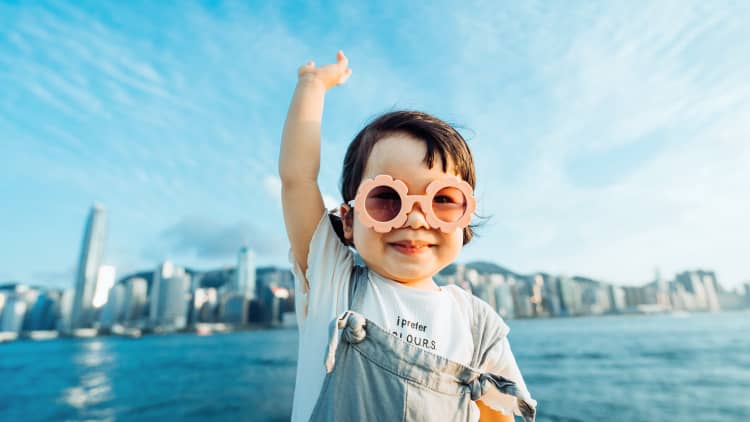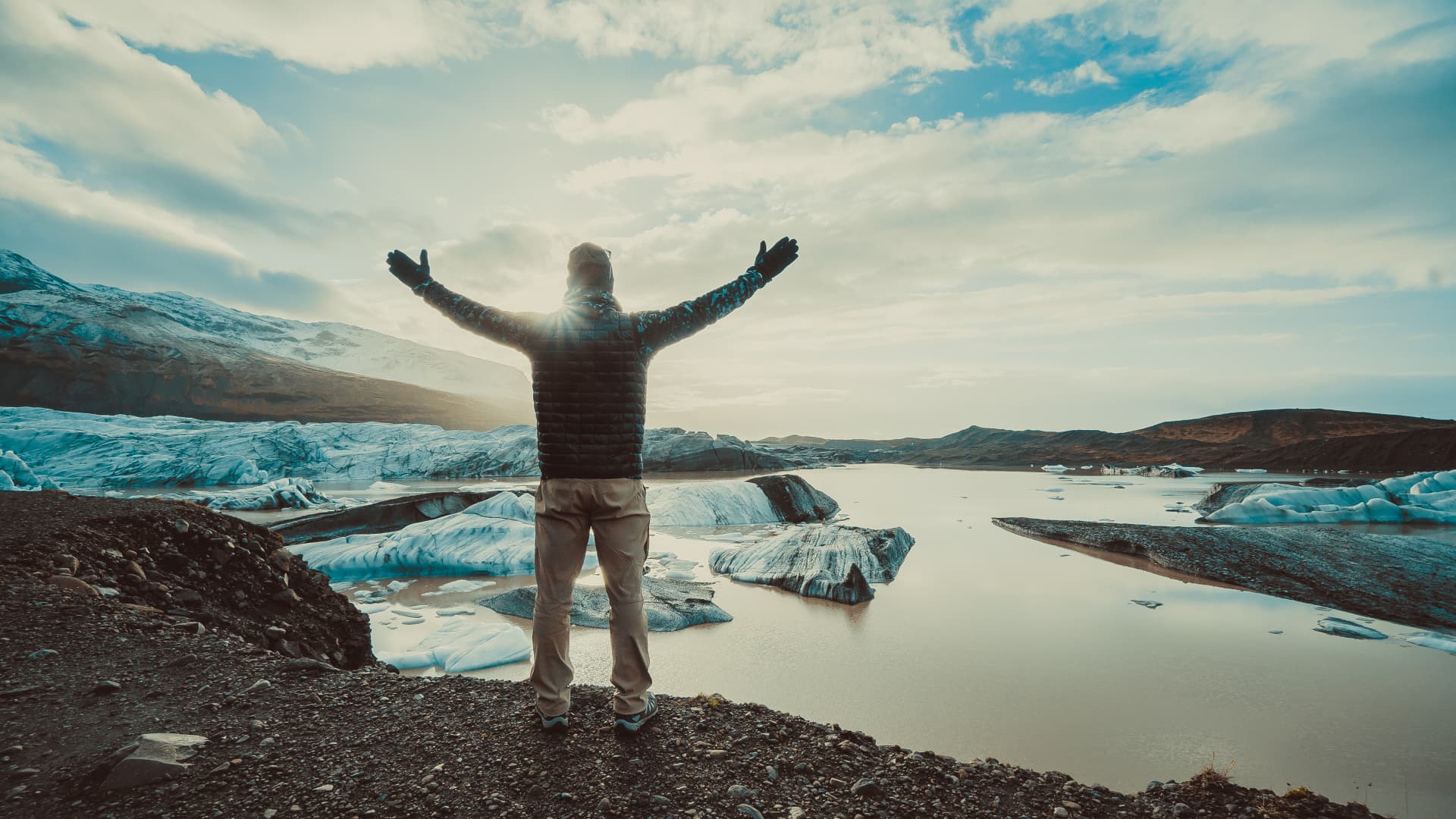In 2002, I twisted my hip leaving my office after work. It didn’t stop hurting for months, but I mostly ignored it. After a year passed and it had only gotten worse, I finally saw my doctor.
When I went back for the MRI results, he closed the door to the examining room, sat directly across from me, and said, as professionally as he could, “There is a lesion on your hip.”
“A lesion?” I said. “You mean a tumor?”
“Yes,” he said.
I was 38 years old, pursuing a promising career in journalism, married to a woman I loved, and the first-time father of a 7-month-old daughter. And with that single syllable, I was diagnosed with an incurable form of blood cancer called multiple myeloma — and was told I had 18 months left to live.
But thanks to revolutionary new treatments for my illness that have been developed since then, that was more than 20 years ago. It’s not a stretch to say I’m something of a medical miracle. Cancer isn’t something I’d wish on anyone, but at the same time, almost dying has taught me some hard — but valuable — lessons about how to live a happy, meaningful, and regret-free life.
1. If you don’t enjoy your life, what’s the point of living?
One question I’ve been asked often since I got sick is if I’ve changed the way I eat and exercise. The answer is that I try to take better care of myself than I did before I was diagnosed, but only to a degree.
I don’t eat highly processed foods as much as I used to, and I try to get to the gym as often as I can. But I still use a cell phone, stand in front of the microwave, and sometimes eat too much or don’t get off my sofa for a couple of days at a time.
2. You can handle more than you think.
Since I was diagnosed, I’ve experienced four rounds of radiation therapy. I’ve had numerous episodes of serious bone pain, debilitating gastrointestinal issues, chronic insomnia, and recurrent infections.
If you count the lesions on my skull and the loss of feeling in my feet, cancer has literally affected me from head to toe. When I was first diagnosed, I didn’t think I could manage such a daunting challenge.
After surviving it, I know I can.
3. People, most of them anyway, are good.
That’s especially true of doctors and nurses. I’ve had doctors see me on their own time on Saturdays and take my calls at 2 a.m. Nurses have held my hands through episodes of severe nausea and vomiting.
The entire medical establishment risked their lives to keep me and millions of other cancer patients and others alive and well during the covid epidemic. They are, simply put, heroes.
4. If there’s something you want to do, do it now.
Have you heard of the term “pre-crastination?” It’s the opposite of procrastination. Instead of being constitutionally unable to do things ahead of time, you are compulsively driven to do them as soon as possible.
Since I was diagnosed, I have become a devout pre-crastinator. You never know how much time you have. If something is important to you, don’t wait. Have at it!
5. A good relationship is worth fighting for, even if it goes bad for some time.
Some people will tell you that cancer either tears apart a relationship or brings couples closer together. For me and my wife Didi, it did both. The stress of my illness, on me as a patient and on her as a caregiver and potential single parent, created an ice storm between us.
Eventually, though, cancer forced us to confront our issues and do our best to address them. It was a long, difficult, and grueling process. It involved years of individual and couples therapy that went backwards as often as it progressed. But in the end, it brought us closer together.
6. If you know someone who is sick, lend them a hand.
Shortly after I was diagnosed, several people told me stories about friends who had multiple myeloma and died. One friend told me she understood what I was going through, then proceeded to tell me about a 48-hour skin cancer scare that turned out to be nothing. Many people said they “knew” I would be okay.
The truth is, a simple expression of warmth or sympathy was the best response. A co-worker said, “You poor guy. I’m sorry.” That was about right.
My best friend from childhood sent me a letter. Near the end he wrote, “You are my oldest friend.” I don’t know why that had so much power, but for the first time since I’d found out I had cancer, I burst into tears.
7. Practice acceptance.
Perhaps the biggest lesson I’ve learned from getting sick is to accept whatever life brings my way.
Sometimes the fish are biting, sometimes they’re not. Sometimes the cards fall your way, sometimes they don’t. Sometimes you’re sick, sometimes you are well. Controlling what you can control and accepting what you can’t may not be the secret to human happiness, but it’s probably as close as we’re going to get.
In his 2003 book, “A Mathematician Plays the Stock Market,” the Temple University math professor and philosopher John Allen Paulos put it this way: “Uncertainty is the only certainty there is, and knowing how to live with insecurity is the only security.”
Jonathan Gluck is a writer and editor whose work has appeared in The New York Times and The Washington Post. He was deputy editor of New York magazine for 10 years, after which he worked as managing editor of Vogue. His work has been recognized with multiple National Magazine Awards. He is the author of “An Exercise in Uncertainty: A Memoir of Illness and Hope.”
Are you ready to buy a house? Take Smarter by CNBC Make It’s new online course How to Buy Your First Home. Expert instructors will help you weigh the cost of renting vs. buying, financially prepare, and confidently navigate every step of the process—from mortgage basics to closing the deal. Sign up today and use coupon code EARLYBIRD for an introductory discount of 30% off $97 (+taxes and fees) through July 15, 2025.






